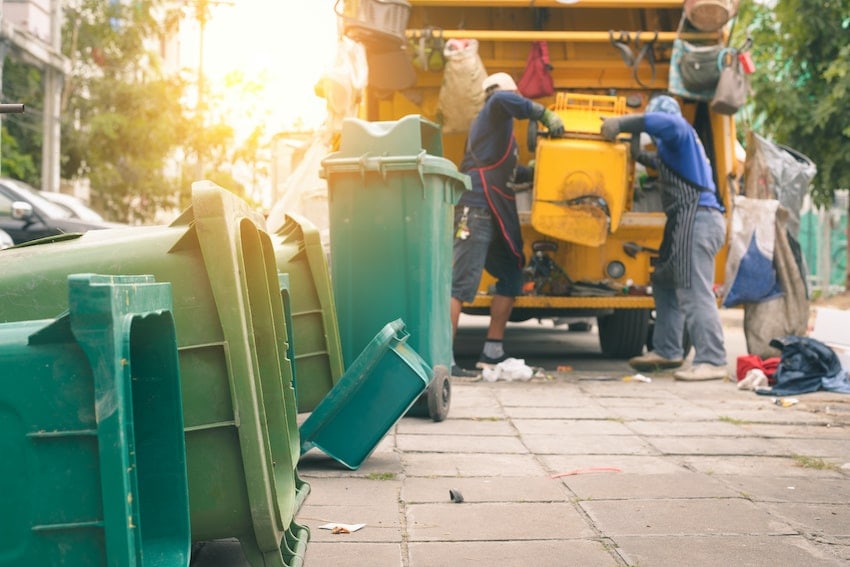The zero-waste movement, a thriving campaign aimed to reduce and eliminate their trash output completely. This means no plastic, no wrappers, no garbage. While this may seem like an unrealistic task in today’s very disposable society, everyday people all over the country are showing that it can be done.
The movement faced some obstacles this year amid the global pandemic; however, COVID-19 never stopped the growth of the movement, as it continues to flourish and people find new methods of conducting themselves to minimize their waste output.
Keep reading to learn of a few ways the zero-waste movement is overcoming the pandemic.
Reusable Containers Are Safe!
The first obstacle the zero-waste movement faced during the pandemic was the challenge of the safety of reusable containers.
Pre-lockdown, many stores immediately enforced a ban on reusable cups when the virus was announced, which meant large consumerist countries were back to producing billions of disposable cups per year, and an increase in commercial waste.
However, in late June, more than 100 scientists published a signed statement to reassure the public that reusable containers were perfectly safe to use during the COVID-19 pandemic, which meant stores could again allow customers to bring in reusable cups and do their part for the environment.
Zero-Waste Shops are Increasing in Popularity
When the pandemic began, there were concerns that the zero-waste movement would take a hit due to the public being weary about unpackaged fruits and vegetables — alongside the aforementioned reusable containers.
Although, zero waste shops have increased in popularity during and since lockdown.
Grocery Stores Are Pitching In
A company called Loop which originally launched online in France, has now expanded into the US, Canada and the UK. Retail stores will install Loop ‘’corners’’ — designated areas featuring products packaged in Loop’s reusable containers.
Refill and reuse models should be a success, even with all the coronavirus uncertainty.
People are Favouring Reusable PPE
The zero-waste movement has taken a hit due to the amount of PPE that is being littered — especially disposable masks and gloves. Although, as the pandemic has progressed, masks have become more of a fashion statement.
For this reason and cost, many members of the public are now opting for reusable masks with designs on instead of single-use plastic ones.
Despite this being a relatively slow move away from disposable masks, it has undoubtedly helped.
Sustainable shopping
Throughout the coronavirus outbreak, there have been consistent shifts in shopping patterns.
We went from panic-buying toilet paper, and mile-long lines to almost the opposite.
Now with the second wave, many members of the public are still opting to only go to the supermarket when absolutely necessary.
So, this means that there is a decrease in shorter shopping trips and an increase in people buying more at a time instead, which helps shoppers plan ahead and potentially cut down on household waste.
By shopping sustainably, you can help the environment and reduce your carbon footprint. Even if you begin with a small change, it can still make a difference.
Here are some tips on how to start with sustainable shopping:
- Make a list and be prepared.
- Focus on healthy products and locally sourced food.
- Only go to the shop once a week.
- Embrace online/home shopping.
